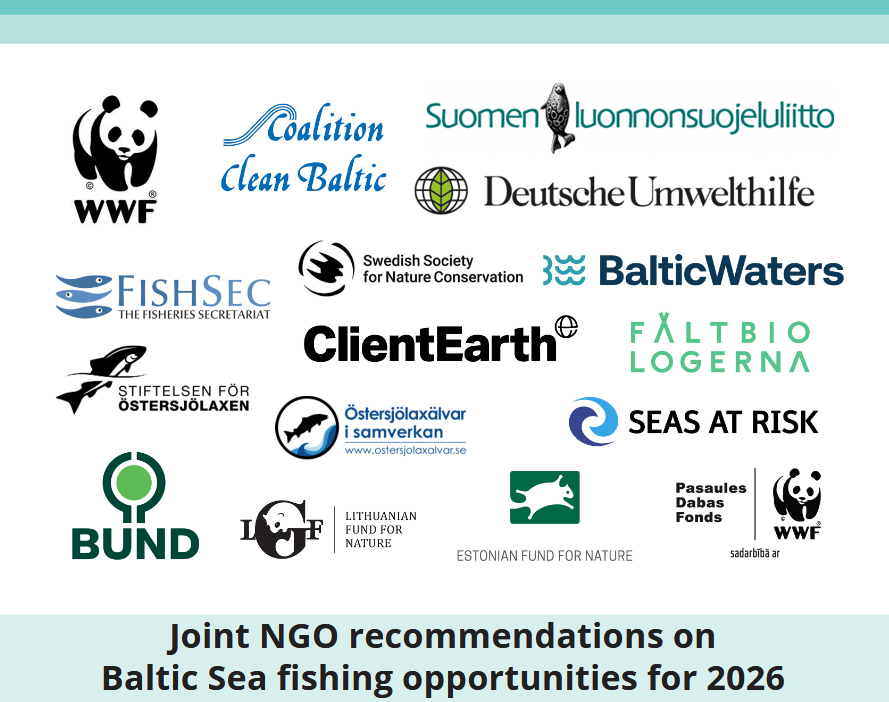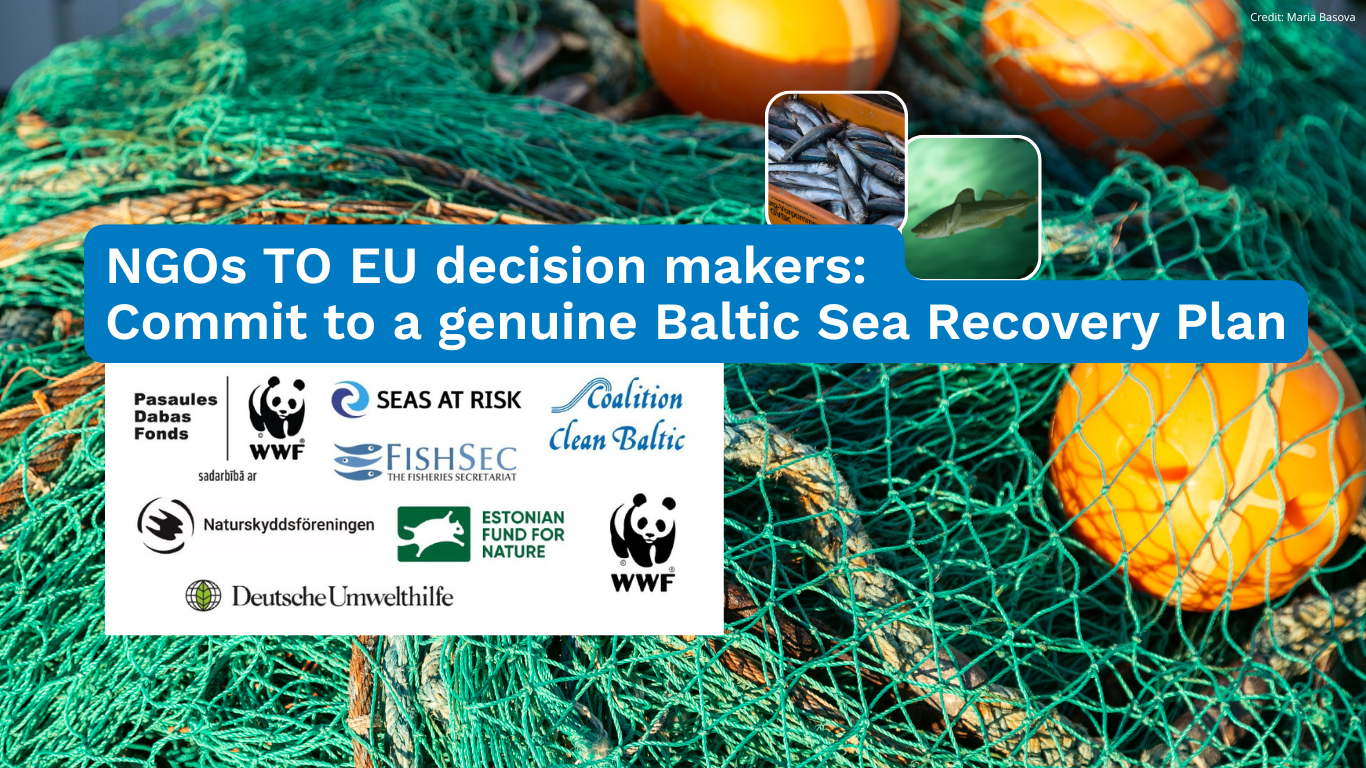EU auditors call for further and more effective action on Baltic Sea eutrophication
A report from the European Court of Auditors evaluating the work on combatting eutrophication in the Baltic Sea states that actions and funding so far has had limited effects and that further and more effective action is needed. The auditors found that Member States’ plans lack ambition and appropriate indicators. Investment in waste-water infrastructure has been only partly effective and agricultural measures do not match up to the scale of the problem. The overall conclusion of the auditors’ investigation was that there has been only limited progress.
“ Improving water quality in the Baltic needs more targeted action and more co-operation with Russia ” said Mr Ville Itälä, the Member of the European Court of Auditors responsible for the report. ” A clean Baltic Sea is the dream of almost 100 million people. To achieve that, the countries concerned should make much fuller use of the powers available to them ”.
Although CCB supports the recommendations made in the report, as shown below, CCB is of the opinion that HELCOM contracting parties have to fully implement the requirements on prevention of pollution from agriculture stated in part II of Annex III of the Helsinki Convention. Also, CAP subsidies should be more directly linked to effective measures on nutrient run-off reduction, to ensure efficient use of tax-payers money.
The report from the EU auditors make a number of recommendations for the Member States and for the European Commission. The Commission should:
- require the Member States to designate appropriate nitrate-vulnerable zones
- assess compliance with the Urban Waste Water Treatment Directive more quickly
- promote projects to reduce the nutrient load being discharged into the Baltic from Russia and Belarus.
- target agri-environmental schemes to areas where the impact on nutrient reduction is highest
- establish nitrate action programme requirements based on the most recent studies
- plan and construct their waste water infrastructure as efficiently as possible.
The biggest polluter of the Baltic is agriculture, say the auditors, and the main problems are insufficient action and poor targeting. Water protection in agriculture is one of CCB’s prioritized working areas, and there are two recent CCB reports highly relevant in this context;
The full EU auditors’ report can be found here.

